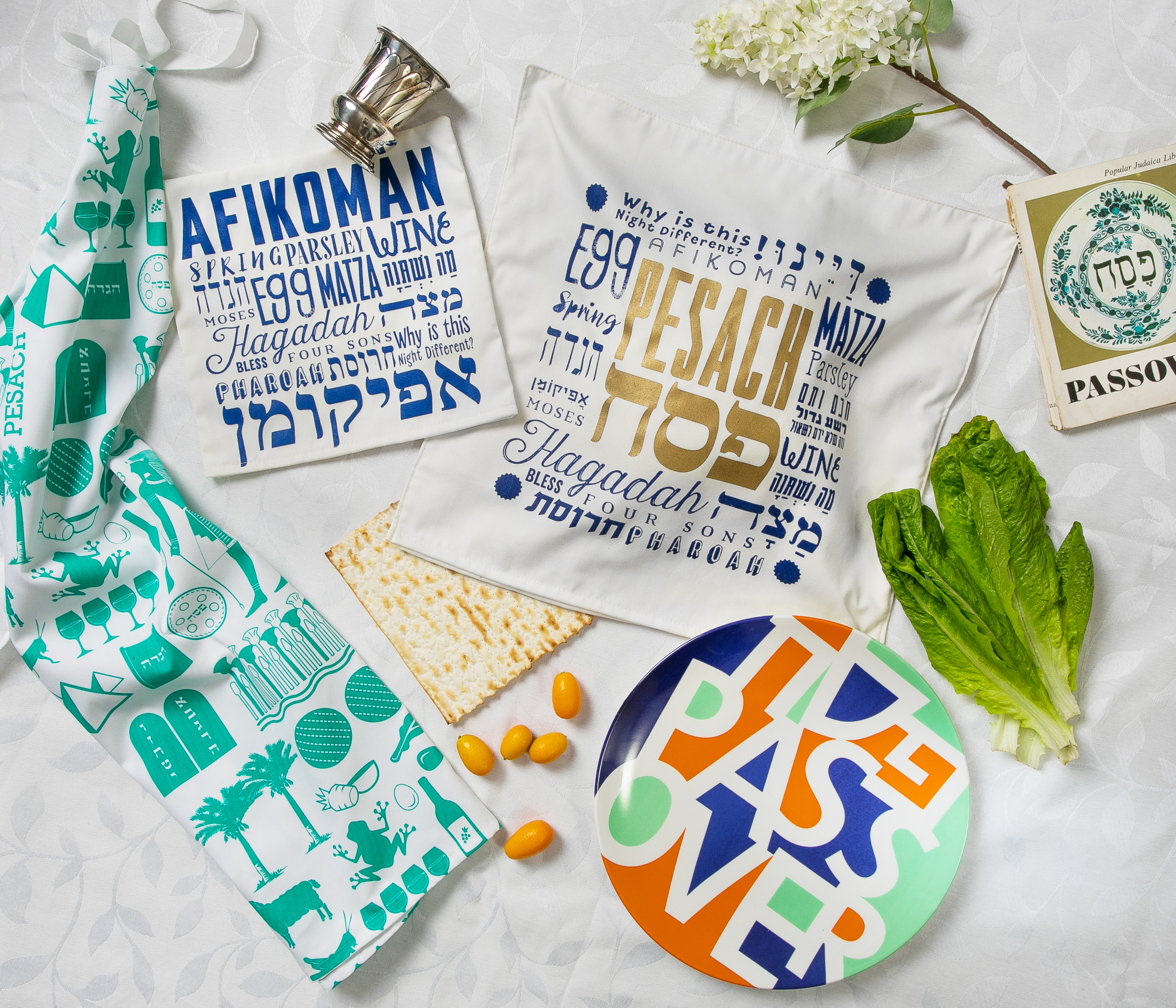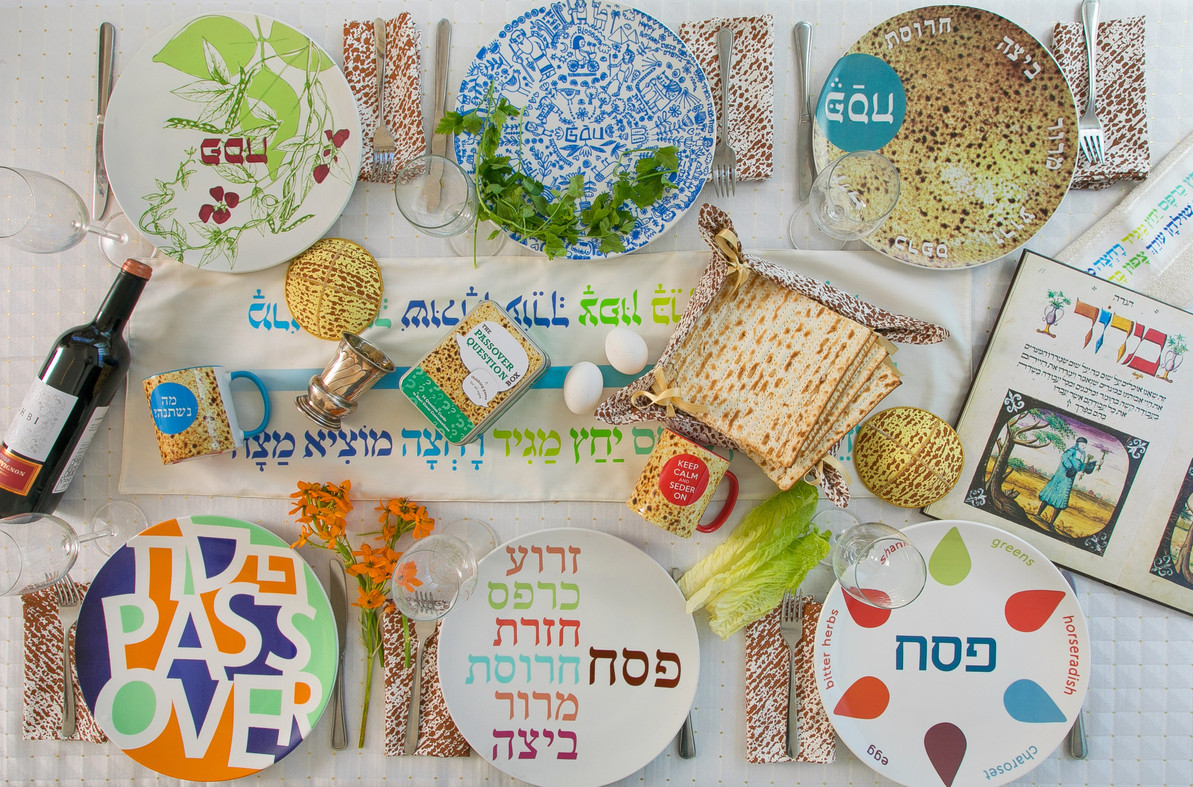The Passover Seder – a different experience for Israelis and Diaspora families
The Passover Seder is the most celebrated of Jewish festivals. Whether religious or virtually unobservant, the vast majority of Jews, gather around and dip into Matza territory. But the meaning of the Seder is viewed very differently outside of Israel and in Israel.

In the diaspora, there is that sense of belonging and to the whole Jewish world, that great feeling that you are one of the tribe, and that you are in step with the tribe. All your Jewish brethren around the world are doing the same thing; putting Matzah on the table, laying out festive decor, taking out a Matzah cover and a Seder plate. Everyone is decked out in their finery and is waiting to get to the food. Yes, there are prayers and perhaps a child will sing Ma Nishtana, and there will be the Dayenu refrain, in Teaneck, Paris Sydney and Hong Kong. The sense of continuity is palpable, there is a joy in the knowledge that this same ceremony and “Order” or Seder has been carried out for hundreds of years.
As Passover is celebrated over two nights in the diaspora its clear that one night is spent with one family and the other night with the other. Naturally the Seder is a family and friends celebration, but overwhelmingly it’s a feeling for a fleeting moment of not being an outsider, of belonging.
In Israel while the structure and broad outline are the same, the emphasis is different. Because it’s a Jewish country its clear that we are the majority and not outsiders. One can’t forget the festival, buses have Pesach signs, the ads on TV are related to Pesach. Supermarkets immediately start selling cleaning materials, and later only sell Kosher for Pesach products. Pesach is in the air we breathe.
So the emphasis at the Seder is more on family. As there’s only one night there is the question of which family we invite or go to, and whom not to invite as they don’t talk to so and so. There is the question of who sits next to whom. Who brings what food. How to you ask people not to bring a dish, as you don’t believe they’re Kosher enough. There’s always a discussion about inviting that odd uncle or friend and as the aunt is recently divorced and now has a new partner, should he be invited as well.
Where part of the family is Sephardi and part Ashkenazi the question is which food is better, which customs are observed, do you eat rice or not.
Often after the heavy rich dinner, there is question if to continue with the Seder at all. Some want to keep the rules and traditions and say every word and sing every song. Others feel that just by turning up and eating some Matzah, their duty is done. Issues of continuity and belonging to the tribe are not part of the thinking, as it’s so obvious it doesn’t bear thinking about.
Recent Posts
-
Tips for Non Jews attending a Passover Seder
I’ve been invited to a seder but Im not Jewish – what do I need to know That’ …8th Apr 2025 -
Making the Passover Seder fun for Kids
Passover Pesach – involving the kids: Passover is a festival really aimed at telling the …8th Apr 2025 -
Pesach recipes from Hungary - My mothers tradition
Hungarian cuisine has a rich tradition of Pesach (Passover) recipes, influenced by Ashkenazi customs …26th Mar 2025

